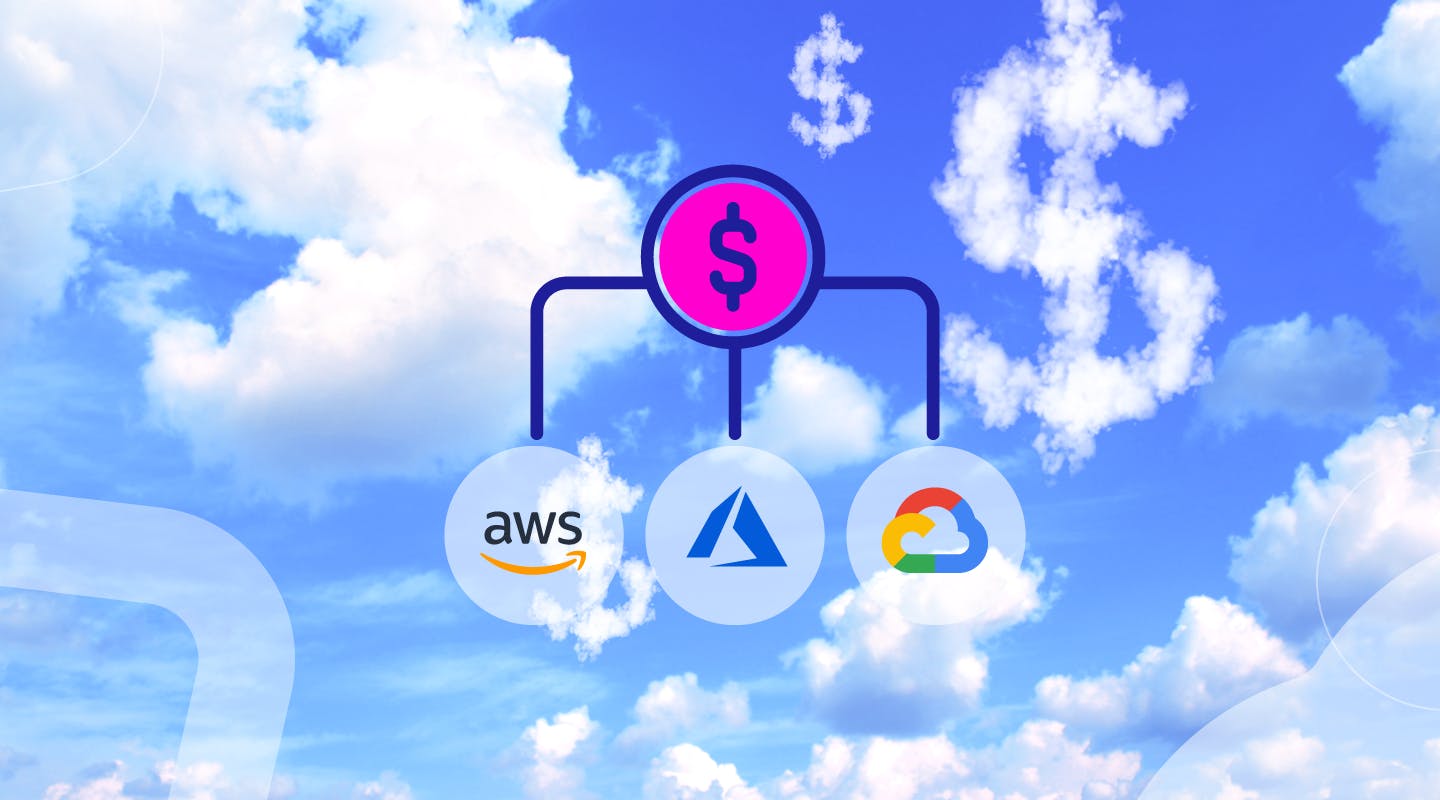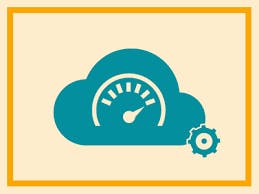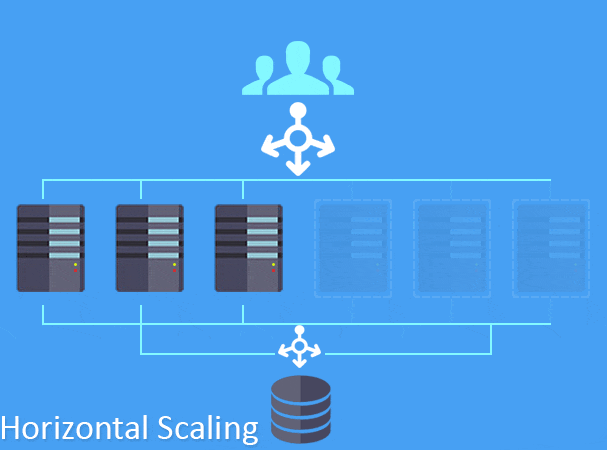Guide to Choosing the best cloud provider
Choosing the best cloud provider as for your requirement.
Table of contents

Choosing the best cloud provider for your needs can be a daunting task. There are many factors to consider, such as cost, performance, security, scalability, reliability, and compatibility. In this blog post, we will explore some of the key aspects that you should look for when evaluating different cloud providers and how to compare them based on your specific requirements.

Cost
One of the most obvious and important criteria for choosing a cloud provider is the cost. You want to find a provider that offers a fair and transparent pricing model that suits your budget and usage patterns.
Some providers charge by the hour, while others charge by the amount of resources consumed or the number of requests made.
You should also consider hidden costs, such as data transfer fees, storage fees, or support fees.
You should compare the total cost of ownership (TCO) of different providers and see which one offers the best value for money.
For example, you can use online calculators or tools that can help you estimate your monthly or annual costs based on your expected usage and features.

Performance
Another crucial factor for choosing a cloud provider is performance. You want to find a provider that delivers fast and consistent performance for your applications and users.
You should look for a provider that has a global network of data centers and edge locations that can reduce latency and improve availability.
You should also look for a provider that offers high-performance computing (HPC) capabilities, such as GPUs, FPGAs, or custom processors, that can handle complex and intensive workloads.
For example, you can use online benchmarks or tests that can help you measure and compare the speed and throughput of different providers based on your specific scenarios and needs.

Security
Security is a paramount concern for any cloud user. You want to find a provider that offers robust and comprehensive security features that can protect your data and applications from unauthorized access, breaches, or attacks.
You should look for a provider that follows the best practices and standards for security, such as encryption, authentication, authorization, auditing, logging, monitoring, backup, and recovery.
You should also look for a provider that complies with the relevant regulations and certifications for your industry and region.
For example, you can use online checklists or guides that can help you assess and compare the security posture and compliance status of different providers based on your specific requirements and risks.

Scalability
Scalability is one of the main advantages of using cloud services. You want to find a provider that can scale up or down your resources on demand without compromising performance or reliability.
You should look for a provider that offers elastic and flexible services that can adapt to your changing needs and traffic patterns.
You should also look for a provider that offers auto-scaling and load-balancing features that can optimize your resource utilization and distribution.
For example, you can use online dashboards or tools that can help you monitor and manage your scaling policies and actions based on your specific metrics and triggers.

Reliability
Reliability is another key aspect of choosing a cloud provider. You want to find a provider that offers high availability and fault tolerance for your applications and data.
You should look for a provider that has a proven track record of uptime and service level agreements (SLAs) that guarantee your satisfaction.
You should also look for a provider that has redundancy and backup mechanisms that can prevent data loss or service disruption in case of failures or disasters.
For example, you can use online reports or reviews that can help you verify and compare the reliability and availability of different providers based on their historical performance and incidents.

Compatibility
Compatibility is an often overlooked but important factor for choosing a cloud provider. You want to find a provider that is compatible with your existing infrastructure, tools, platforms, languages, frameworks, and standards.
You should look for a provider that offers interoperability and integration features that can connect your cloud services with your on-premises or hybrid environments.
You should also look for a provider that supports open-source technologies and industry standards that can enhance your flexibility and portability.
For example, you can use online catalogs or directories that can help you discover and compare the compatibility and support of different providers based on your specific technologies and specifications.

Conclusion
In this blog post, we have discussed some of the key factors that you should consider when choosing a cloud provider for your needs. We have also provided some examples of online tools and resources that can help you compare different providers based on various criteria. However, the final decision depends on your unique situation and goals. Therefore, I recommend that you do your own research and testing before selecting a cloud provider that can best serve your business in the long run.

